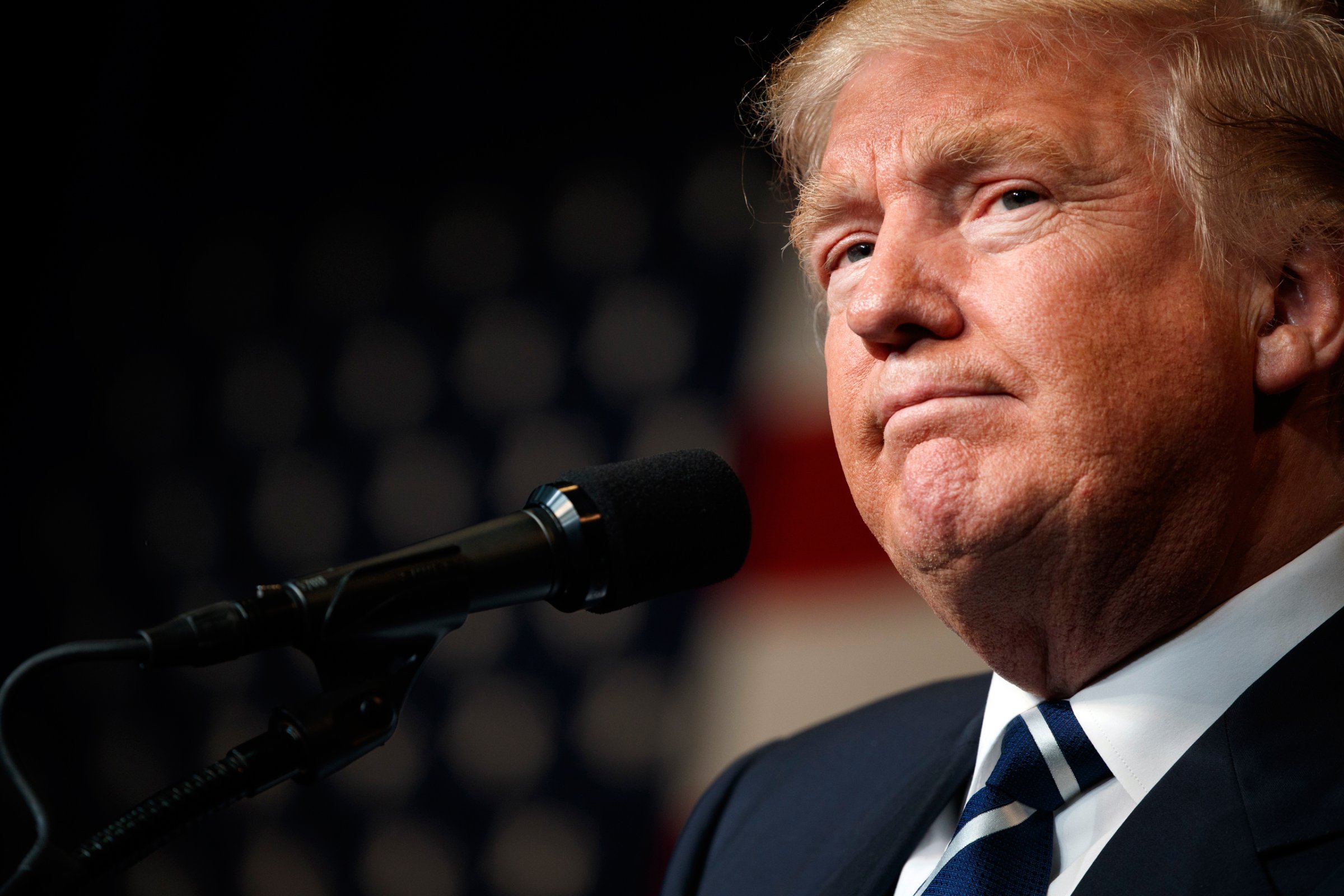
Shortly before his stunning and largely unexpected victory in the Nov. 8 presidential election, Donald Trump predicted “an amazing day” which would be called “Brexit plus plus plus.” British Prime Minister Theresa May was warm and unqualified in her message of congratulation and other British politicians are excitedly talking up the idea of a new post-Brexit special relationship.
What should we in the U.K. make of all this? Some Brexiteers have been busy distancing themselves from the nastier aspects of Trump’s campaign. But they and the President-elect tapped into the same fears, anxieties and resentments of middle and working class people who felt fearful of the changes going on around them: that the rich were getting richer at their expense, that their views were being ignored and that political elites were out of touch.
Both insurgencies played the populist card and made effective use of social media. Both also drew support from elites of their own; U.S. elites who were unhappy at America’s diminishing international role and, whisper it darkly, didn’t want America’s first black president to be succeeded by its first woman president; and U.K. elites worried by the loss of sovereignty implicit in remaining part of the E.U. Both relished the way their respective victories shocked the establishment as politics caught up with society.
It’s too soon to know whether these similarities between Brexit and Trump’s success will translate into a genuinely common purpose. Contrary to what President Obama said when trying to persuade people in Britain to stick with the E.U., Trump says he expects Britain to be at the front of the queue when it comes to negotiating a free trade deal of its own with the US. Of course there can be no deal until Britain knows whether or not it is staying in the E.U. single market or the Customs Union, but negotiations can probably begin before Brexit takes effect.
There is reason to be hopeful. While the European Commission has found it difficult to reconcile the interests of all 28 member states during the current, tortuous negotiations on the putative E.U.-U.S. free trade agreement (TTIP), the U.K. could make more rapid progress with the U.S. on its own. It is, after all, the biggest foreign investor in the U.S., does more than twice as much trade with America than with Germany, its next biggest partner, and prides itself at being good at talking to the Americans.
But we Brits should not delude ourselves that a favorable deal is there for the taking. Donald Trump promised protectionist measures for the US economy during his campaign, ‘Buy America’ laws remain in place, and in the TTIP negotiations we have found it hard to reach agreement on financial services regulation – key to ensuring the continuing strength of the City of London in a post-Brexit world.
Republicans will have control of both houses of Congress for at least the next four years. They will have their differences with the President-elect – many Republicans couldn’t bring themselves to vote for him – but there is the prospect of progress on such issues as long-overdue tax reform. If it went beyond tax cuts for the rich and provided incentives to big corporations to repatriate the huge sums they are holding offshore, something might finally be done about America’s crumbling infrastructure. This in turn could offer openings for the U.K.’s unique expertise in putting together public-private partnerships.
Beyond the economy, there are plenty of other areas where a Britain preparing to leave the E.U. ought to be able to work closely with Trump’s administration. For starters, our intelligence and security agencies have never been more joined up in response to terrorism, cyber threats and information warfare. If May sticks to commitments made by her predecessor David Cameron on military spending, defense will also remain a key area of cooperation between the two countries.
On the foreign policy front, Trump has said a number of things which worry allies, including the U.K. These include suggested deals with President Putin on Ukraine and Syria, tearing up the nuclear deal with Iran (negotiated not just by the U.S. but also by Russia, China, Britain, France, Germany and the E.U.), giving up on a two-state solution to the Israel-Palestine problem, providing nuclear weapons to Japan and South Korea, keeping Muslims out of the U.S. and reneging on international efforts to counter climate change.
Trump’s record during the campaign suggests there is plenty of scope for the President-elect to re-think. It would help reassure America’s allies if he and the team he is now putting in place could separate out campaign rhetoric from policy intent. Better still if they chose to consult close allies in the process.
There is much to learn from such a bruising political year, and much we can teach each other. Neither British nor American democracy covered itself in glory during this year’s referendum and election campaigns. Secretary of State John Kerry admitted in London recently that it had become embarrassing to make the case to others for the U.S. brand of liberal democracy. So while May’s team moves quickly to plug into the Trump transition team, the U.K. might also take a lead in looking at why so many voters here, as in America, feel the system has failed them.
More Must-Reads From TIME
- The 100 Most Influential People of 2024
- Coco Gauff Is Playing for Herself Now
- Scenes From Pro-Palestinian Encampments Across U.S. Universities
- 6 Compliments That Land Every Time
- If You're Dating Right Now , You're Brave: Column
- The AI That Could Heal a Divided Internet
- Fallout Is a Brilliant Model for the Future of Video Game Adaptations
- Want Weekly Recs on What to Watch, Read, and More? Sign Up for Worth Your Time
Contact us at letters@time.com